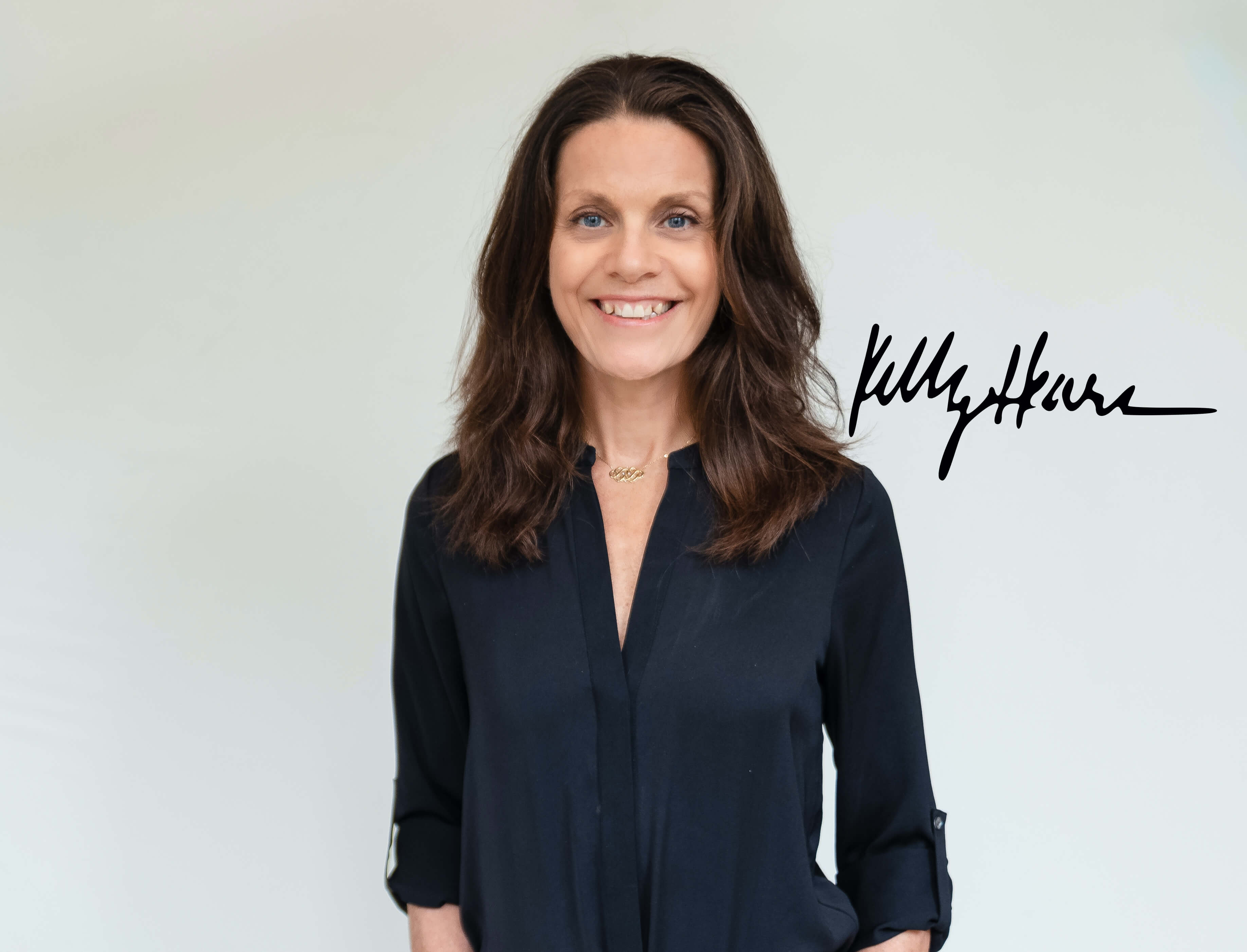Dear Therapist,
I'm worried my drinking has gotten a bit out of control during Covid. What used to be a couple nights a week enjoying wine with friends or family has become somewhat of a daily ritual. I sometimes wake up with a throbbing head and rampant anxiety, not able to get back to sleep. My husband thinks I'm being overly hard on myself, that sharing a few drinks together at the end of a long day has been one of the few pleasures we can enjoy during this bizarre Covid period. Maybe he's right, but I feel bloated and tired and cranky a lot of the time. When does drinking become a problem?
Signed,
Concerned
Dear Concerned,
The pandemic has led to increased drinking for many according to both published reports and anecdotal evidence. But as the pandemic lingers, many of these same people are, like you, questioning their choices. What seemed like an understandable short term coping mechanism is now feeling like an unhealthy habit.
You asked at what point alcohol consumption becomes a problem and there is no one answer to this question. Our society tends to consider drinking at two polar extremes - a person is either an alcoholic or healthy drinker - when most of us live in the in-between. We need not be an alcoholic to re-evaluate our relationship with drinking. In my experience, when someone is asking the types of questions you are, they already have an intuitive sense that something needs to change. This isn't being hard on yourself, it is caring for yourself and striving for healthy, supportive choices.
For many, alcohol has been used to numb negative emotions and stress surfacing during the pandemic. As with many coping behaviours, the 'benefit' is one of suppressing discomfort in the short term only to exacerbate it in the longer term. Alcohol changes levels of serotonin and other neurotransmitters in the brain, which can worsen anxiety and depression. Addressing the underlying emotions is an important first step. Can you pause before reaching for a drink to check in with yourself? Take a couple minutes just to ask yourself how you are feeling and how you might want to take care of yourself in this situation. Are there other choices available to you to address your emotional needs? A bath or a walk or journaling or listening to some favourite music, something genuinely nurturing?
Breaking the habit can be challenging at first. It is often helpful to enlist the support of a 'buddy' or group. The good news is there is a large and growing number of 'sober curious' organisations helping people in this process, whether it be for a short break or a lifestyle change. I'd recommend doing a little research and finding one that suits your style and goals. There is also a growing genre of 'quit lit' - published memoirs of others who have documented their journey to becoming alcohol-free. In short, there are now many options between 12-steps or no steps, it's just a matter of finding the ones that are right for you. Good luck!

